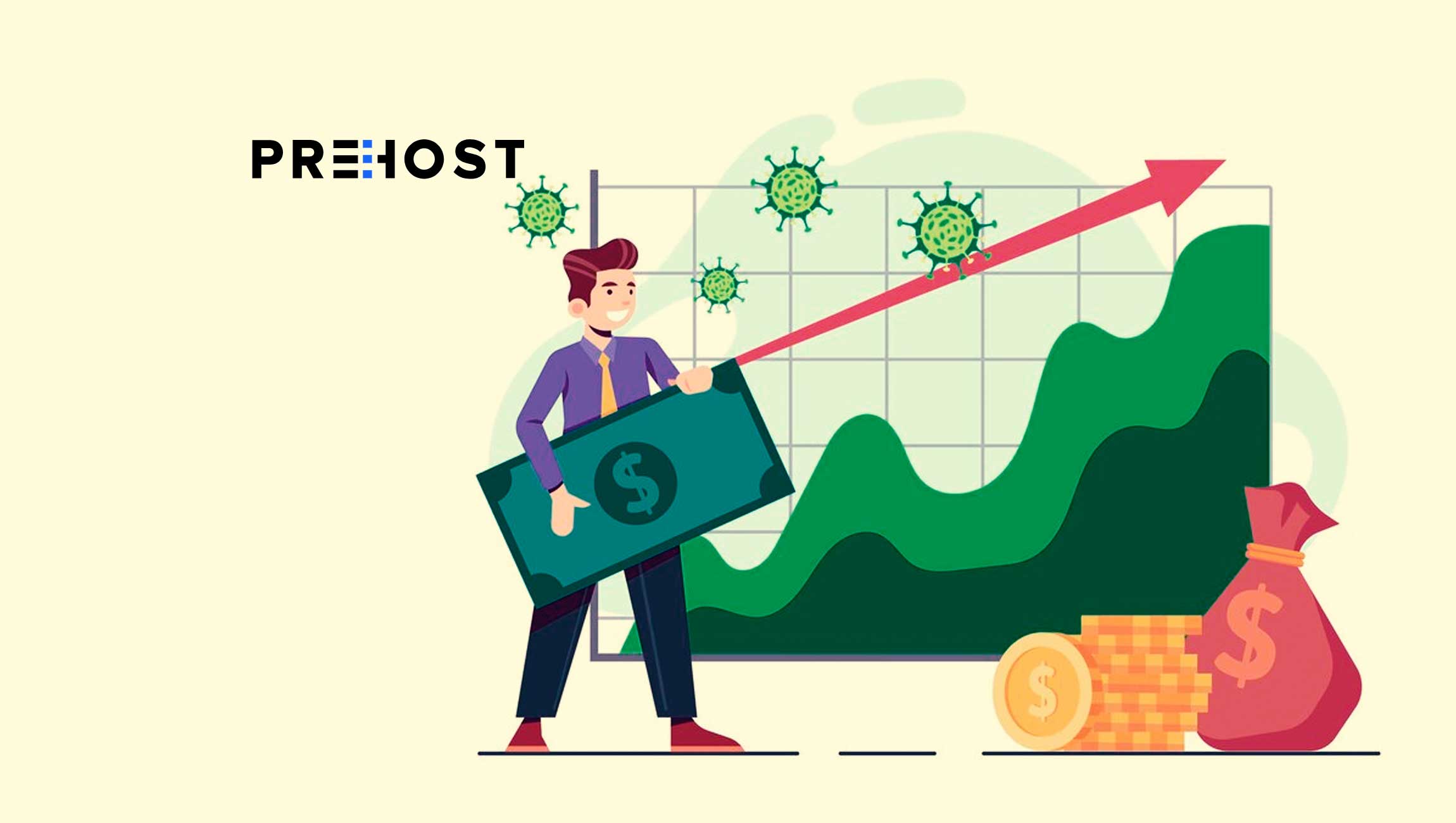67% of internet users say fast website loading is crucial, and over 50% are less likely to make a purchase or return to a slow-loading site.
Internet users do not want to wait long for websites to load. With so many options available at a single click, slow websites can drive users away. Companies lose significant sums each year due to this issue, often unaware of the scale of the problem. New research shows that this problem is enormous.
For online businesses, every millisecond of loading time is a potential financial loss. It is crucial to design and optimize websites properly or choose fast hosting.”
— Mateusz Mazurek
Website Speed Is Very Important
67% of internet users say that fast loading of websites is crucial — according to the latest research conducted for Prehost.com.
When Americans were asked in a survey “How does a slow-loading website of a store or company affect your behavior?”, more than half (55%) said they are less likely to return to that site. Additionally, 52% are less likely to make a purchase or use services, and 39% are less likely to recommend a slow-loading site to others.
This clearly shows the importance of ensuring that websites load quickly. Neglecting this issue significantly affects user and potential customer decisions.
Marketing Technology News: MarTech Interview with Carlos Aragon, Senior Director, Product Marketing @ Vonage
When a Website Loads Slowly
A slow-loading website can be a major problem for online businesses. Spending money on advertising and marketing is wasted if users leave due to poor performance and long loading times.
Website loading time impacts many aspects of online presence — from SEO (visibility in Google), through UX (User Experience), to conversions (purchases, orders, contact, etc.) and bounce rate (percentage of users who leave the site).
Internet retail giants know this. Amazon’s tests showed that every 100 ms (1/10 of a second) delay cost them a 1% reduction in revenue (in 2022, this would be $5.14 billion). For Walmart, reducing loading time by 1 second resulted in a 2% increase in conversions. Google’s 2017 research showed that a 0.5-second longer loading time causes a 20% average drop in purchases.
“Website owners and creators must remember that factors beyond their control, such as internet speed and device quality, also affect how quickly a website loads.” — says Mateusz Mazurek from Prehost.com. “Websites should be designed to load quickly not only on high-end devices with fast connections but also on older, budget devices with slower internet. These are also customers.”
Marketing Technology News: MarTech Series’s Marketing Technology Highlights of The Week: Featuring Vonage, Incode, Hewlett Packard Enterprise and more!
How Long Can You Wait? Preferably Less Than 5 Seconds
Internet users show little patience for slow-loading websites. 1/5 of users will not wait longer than 5 seconds for a website to load. 26% of respondents are willing to wait up to 10 seconds.
Google’s guidelines for website speed, called Core Web Vitals, suggest that the largest element on the page (LCP — Largest Contentful Paint) should load in less than 2.5 seconds. Since 2010, page loading speed has been a ranking factor in search results. With most website visits now coming from mobile devices, this factor is even more important.
“Although internet speeds and device performance are improving, websites are also becoming heavier and slower.” — says Mateusz Mazurek. “For online businesses, every millisecond of loading time is a potential financial loss. It is crucial to design and optimize websites properly or choose fast hosting.” — he adds.











